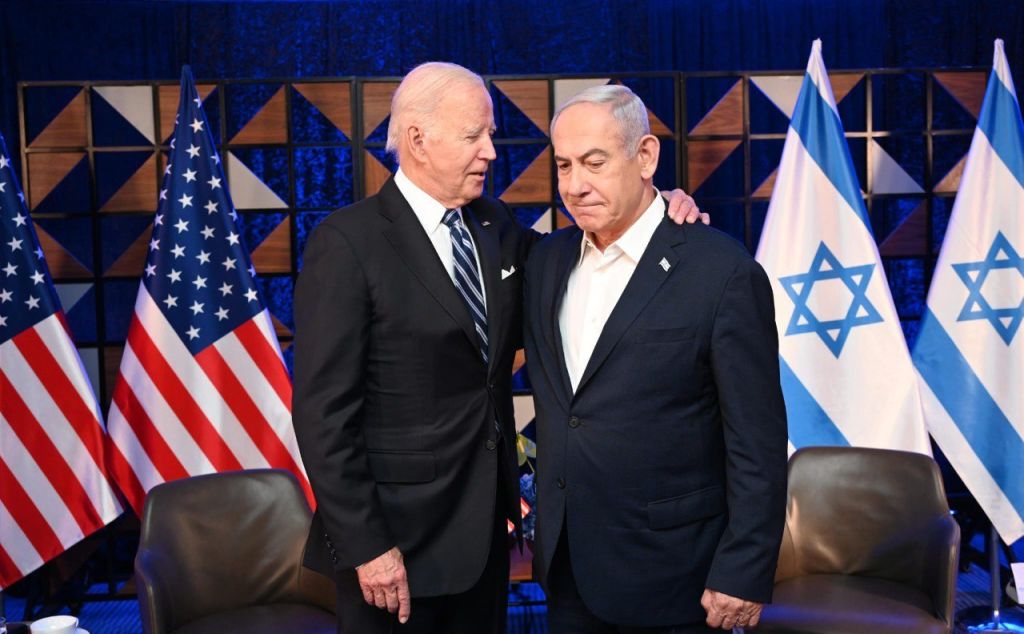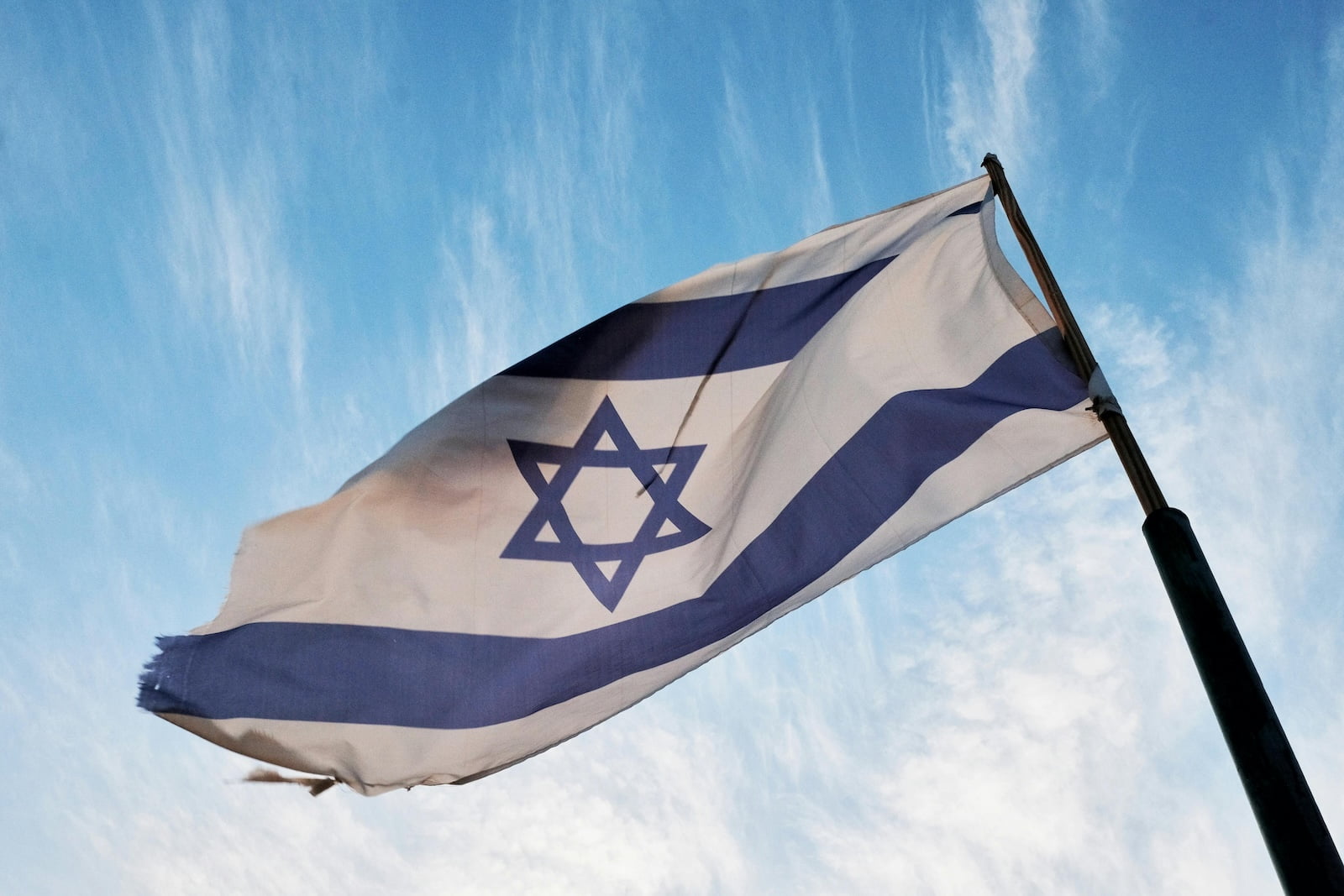Israel
Israel has a diverse and advanced economy with various sectors, including technology, manufacturing, and agriculture. As of April 2023, the World Bank estimated Israel’s GDP to be approximately $446 billion. Israel is known for its high standard of living and significant high-tech sector, with many startups and innovations in cybersecurity, software, and biotechnology.
The coalition government in Israel consists of seven parties: Likud, United Torah Judaism, Shas, Religious Zionist Party, Otzma Yehudit, Noam, and National Unity, led by Prime Minister Benjamin Netanyahu for the sixth time. The parties have different ideologies, ranging from centrist to far-right. The coalition focuses on security, religious values, and national identity. It faces challenges in governing due to its diverse range of parties and views.
Likud is a center-right to right-wing political party emphasizing security, nationalistic policies, and free-market economics. Under Benjamin Netanyahu’s leadership, it has maintained its focus on security concerns, opposed the establishment of a Palestinian state under current conditions, and promoted Jewish settlement expansion in the West Bank.
United Torah Judaism (UTJ) is an ultra-Orthodox party representing Ashkenazi Jews. It advocates for the interests of the Haredi community, including religious study exemptions from military service, social welfare programs, and preservation of the state’s Jewish religious character.
Shas is another ultra-Orthodox party, representing primarily Sephardi and Mizrahi Jews. It champions social welfare issues, religious education, and the integration of its constituents into Israeli society while maintaining their unique spiritual and cultural identity.
The Religious Zionist Party is a right-wing, far-right party that emphasizes the religious Zionist ideology, advocating for the expansion of Israeli settlements in the West Bank and opposing the creation of a Palestinian state. The party supports the integration of religious nationalism into the state’s policies and practices.
Otzma Yehudit is a far-right party known for its hardline nationalist stance, advocating for the annexation of the West Bank, a tough stance on security issues, and promoting Jewish heritage and identity. It has been controversial due to some of its members’ extremist views and statements.
Noam is another far-right party that primarily focuses on opposing LGBTQ+ rights and promoting conservative religious values in public life. It merged with the Religious Zionist Party for election purposes and shares a similar ideological base, particularly emphasizing social conservatism.
National Unity is a centrist to center-right party led by Benny Gantz. This party positions itself as a moderate force focusing on security, economic stability, and maintaining a balanced approach to the Israeli-Palestinian conflict. It seeks to bridge divides within Israeli society and promote unity.
Benjamin Netanyahu has held the position for multiple non-consecutive terms, making him the longest-serving Prime Minister in Israel’s history. Netanyahu has strongly emphasized security, economic growth, and strengthening Israel’s alliances, particularly with the United States. His administration has taken military action in the Gaza Strip and Syria and expanded Israeli settlements in the West Bank, which has received international criticism.
Netanyahu’s economic policies have emphasized deregulation, privatization, and minimizing government intervention, which has propelled significant economic growth, particularly in the high-tech and startup sectors. Netanyahu has also extended diplomatic relations with nations in Africa, Asia, and the Arab world, notably through the Abraham Accords, which established formal ties with the United Arab Emirates, Bahrain, Sudan, and Morocco. Although these accords sidestepped traditional Palestinian leadership, they presented a new route to peace and stability in the region.
Options considered for moving forward included:
- Continuing low-intensity conflict in Gaza with targeted operations, allowing military forces to regroup, which risks elongating the conflict with severe repercussions.
- Maintaining the current war strategy with air bombings and ground operations, likely facing domestic and international pushback.
- Withdrawing from Gaza, declaring the operation a success by Israeli metrics of reducing Hamas combatants.
- Expanding control over Palestinian territories, continuing the contentious policy of settlement expansion.
- Annexing Palestinian territories to create the ideal home for the Israeli People.


